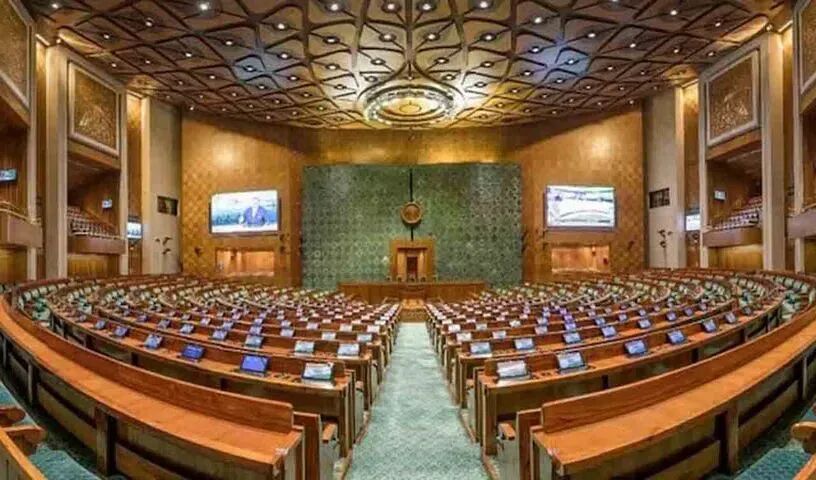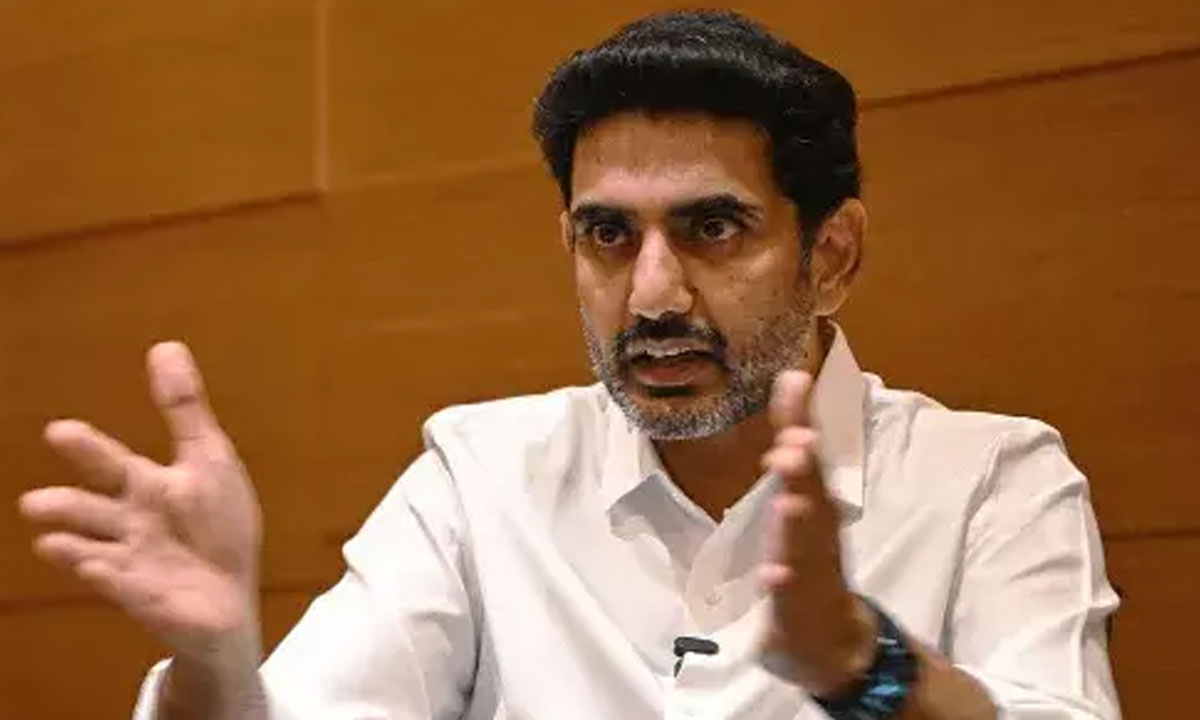The forthcoming winter session of the Parliament, set to commence on November 25th is likely to be stormy as the BJP is preparing to introduce two contentious bills. Union Home Minister Amit Shah has signalled the introduction of two significant and potentially controversial bills: the Waqf (Amendment) Bill, 2024, and new anti-conversion laws.
These legislative proposals align closely with the BJP’s ideological stance and are expected to spark intense debates. The Waqf (Amendment) Bill, 2024, aims to overhaul the management of Waqf properties, which are substantial religious endowments primarily associated with the Muslim community.
These properties, including mosques, graveyards, and various community welfare assets, are currently overseen by Waqf
boards across India. The proposed amendments seek to redefine and curtail the powers of these boards, potentially transforming the landscape of religious property management in the country.
This move is likely to face strong opposition from various quarters, including opposition parties and community groups. Critics argue that the bill encroaches upon religious autonomy and represents an attempt to centralise control over community assets. The proposed changes could impact thousands of Waqf properties across different states, making it a matter of significant concern for many.
Simultaneously, Amit Shah has indicated the BJP’s intention to
introduce anti-conversion laws. These laws would target what the party describes as “forced or fraudulent” religious conversions, a long-standing issue on the BJP’s agenda.
The Home Minister’s remarks suggest that Maharashtra might soon see its first state-level anti-conversion bill, with the possibility of similar legislation at the national level.
However, these anti-conversion laws are not without controversy. Critics argue that such legislation could potentially be misused, leading to harassment of minority communities and exacerbating religious tensions. Opposition parties have expressed concerns that these measures might infringe upon individuals’ constitutional right to freely choose their faith.
With its substantial majority in Parliament, the BJP possesses the numerical strength to push these bills through. Nevertheless, the opposition is preparing to mount significant resistance. Political analysts anticipate a charged parliamentary session, with the potential for disruptions and vigorous debates as parties clash over the implications of these legislative measures.
The upcoming Winter Session thus promises high-stakes political manoeuvring and intense scrutiny on issues affecting both religious property management and interfaith relations in India. The outcomes of these legislative efforts could reshape aspects of governance related to religious endowments and set precedents in the legal handling of religious conversions, with far- reaching implications across the nation.










